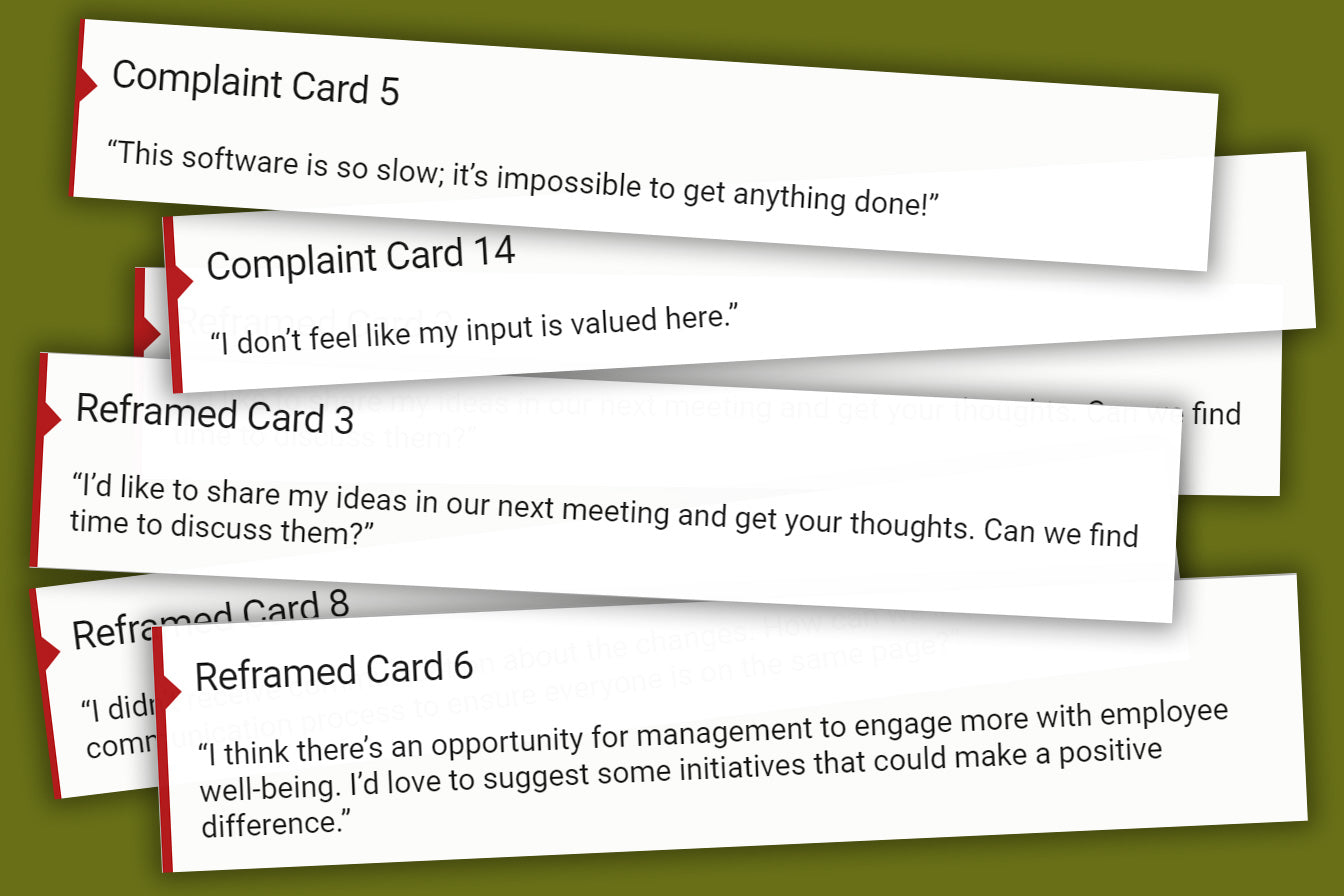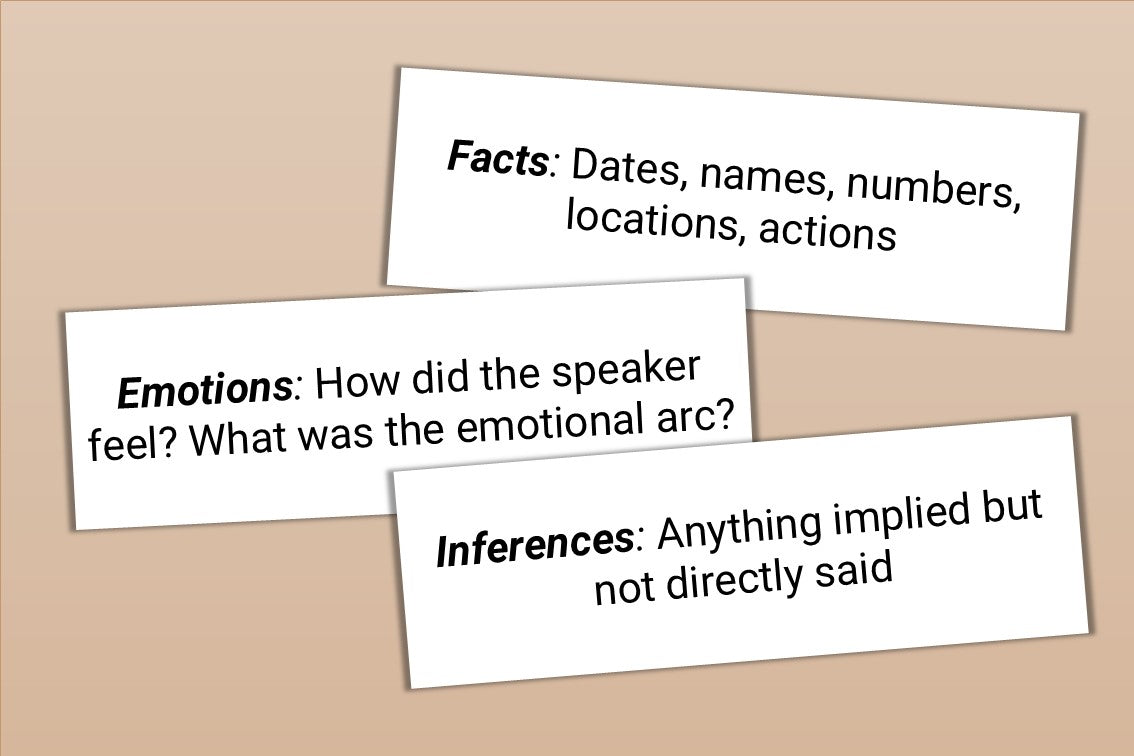Purpose
When working in a team or a group we may start to develop dislikes or simply become sensitive to certain behaviours. As in any relationship, we originally look at the similarities between ourselves and others and are happy to make friends and bond with them as we find more similar features or behaviours. However, over time as we learn more about each other, differences become more obvious and they may cause irritation and separation between us and other team members. Famous psychological studies show that the more we know about someone, the more likely that we start to dislike them (apart from very special people such as our partners).
To reverse this trend or stop it from growing we need to overcome our dislikes either by putting them in perspective with all the other ‘annoyances’ out there or simply let them know how uncomfortable it is and encourage them to correct their behaviour. This exercise helps the delegates to identify and quantify their dislikes.
Objective
The delegates should identify what they don’t like and then ‘buy’ them in an auction.
What You Need
- Paper money for all delegates, £1000 each.
Setup
- Ask the delegates to consider what they don’t like in their workplace. If the delegates are from the same company or team, get them to focus on their work environment and state the issue they wish to be resolved.
- Give examples of these annoyances:
- There is too much interruption from the managers
- It is difficult to concentrate while working because of the open office configuration
- Some team members chat and interrupt too much
- We need faster computers
- We need laptops
- We need more plants, windows, desk space, etc.
- I wish we could have an hour of meeting every week to see what everyone was working on and get up to date. Sometimes it’s difficult to know what the person two desks away have been up to for the past 3 months.
- Get the delegates to think about these issues for 2 minutes.
- Now ask them to state their ‘issues’. Write them all in a table on the whiteboard or the flipchart. Make sure duplicates are removed. Limit the number of items based on the time available.
- Now ask give £1000 of play money to each delegate and say that the ‘issues’ are placed in an auction. Delegates are to bid on each ‘issue’. If they win, that problem is solved for them, so they need to pay highest for those issues that they want desperately sorted.
- Start with an item (either in order or at random to keep it exciting) and start the auction.
- If no one bids for an item, just move on to the next.
- When somebody buys one, write their name next to it, take their money and continue with the next item.
Timing
Explaining the Test: 5 minutes.
Activity: 25 minutes
Group Feedback: 10 minutes.
Discussion
Once the auction is over, get the delegates to notice those items that where bid competitively. Ask why this was the case. It is also interesting to see how some issues are very important to some people while others don’t care about the same issues at all.
Variations
You can use other parameters in this auction as well. For example you can ask delegates to state what they ‘like’ at their workplace. The more their like it and want to keep it, the more they should bid for it.
Soft Skills Training Materials
Get downloadable training materials
Online Train the Trainer Course:
Core Skills
Learn How to Become the Best Trainer in Your Field
All Tags
Training Resources for You

Course Design Strategy
Available as paperback and ebook

Free Training Resources
Download a free comprehensive training package including training guidelines, soft skills training activities, assessment forms and useful training resources that you can use to enhance your courses.

Our Comprehensive Guide to Body Language

Train the Trainer Resources
Get Insights - Read Guides and Books - Attend Courses
Training Materials
Get downloadable training materials on: Management Training, Personal Development, Interpersonal Development, Human Resources, and Sales & Marketing














Leave a comment
All comments are moderated before being published.
This site is protected by hCaptcha and the hCaptcha Privacy Policy and Terms of Service apply.